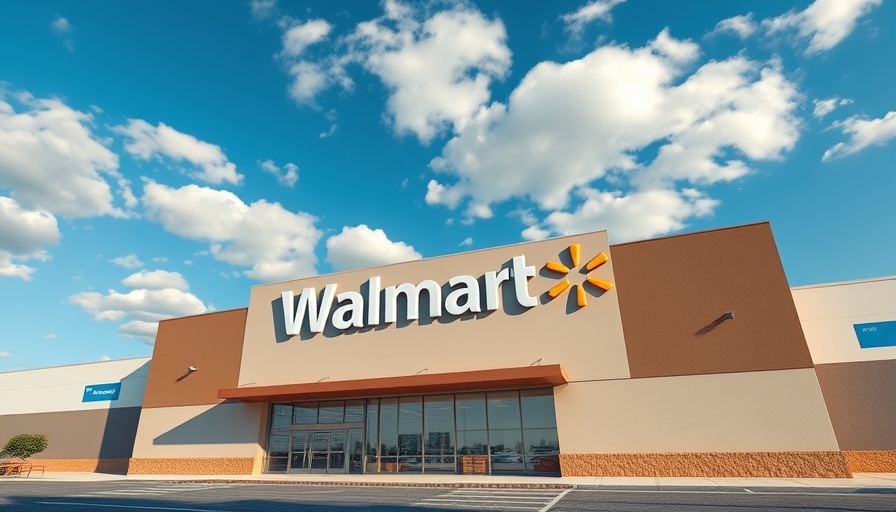
Walmart's Troubling Recall: What You Need to Know
Walmart has recently issued a significant recall of its frozen, raw shrimp products sold across 13 states due to concerns of potential radioactive contamination. This recall stems from detections of Cesium-137, a radioactive isotope, found in some shipments of Great Value brand frozen shrimp imported from Indonesia. The U.S. Food and Drug Administration (FDA) has identified this contamination through samples collected in shipping containers as well as in the shrimp itself.
The Nature of Cesium-137 and Its Risks
Cesium-137 is a byproduct of nuclear reactions, including activities related to nuclear testing and accidents. While it is found naturally in trace amounts throughout the environment, including in food and water, the presence of this isotope can provoke health concerns when consumed over time. According to food safety experts, the contamination detected in Walmart's shrimp is considered to present a low-level risk; however, the FDA has advised consumers to discard any affected products to mitigate any long-term exposure to radiation.
Context and Impact: The Broader Picture of Food Safety
The FDA's awareness of this issue arose after U.S. Customs and Border Protection discovered the radioactive material in shipping containers destined for U.S. ports. Despite the potential contamination being relatively low and below FDA intervention levels, the swift action by Walmart to recall the shrimp underscores a growing concern regarding food safety across the nation.
This incident reminds consumers of the importance of remaining vigilant about the food they purchase. Keeping updated on recalls and taking necessary precautions can play a crucial role in ensuring personal health and safety.
What Consumers Should Do
If you have bought any frozen shrimp from Walmart, specifically the Great Value brand with lot codes 8005540-1, 8005538-1, or 8005539-1, it is essential to take action. The affected products have a 'best by' date of March 15, 2027, and were sold in several states, including Florida, Texas, and Pennsylvania.
The FDA recommends that consumers either throw away these products or return them to the point of purchase for a refund. The health department has emphasized the need for public awareness regarding the products they consume and the potential health implications.
Public Health and Future Considerations
As health officials continue to investigate the source and extent of this contamination, the event raises questions about food safety protocols and the measures taken to ensure products entering the U.S. are safe for consumption. The FDA's immediate action, along with Walmart's cooperation in recalling these products, showcases a commitment to consumer safety, but it also points to the need for robust systems that prevent such situations from arising in the first place.
Food safety experts stress that awareness of potential contaminants is not just about immediate risks but also about understanding long-term health impacts. Consumers are encouraged to stay informed and to be proactive in checking for updates on food recalls that pertain to their purchases.
Conclusion: Stay Informed and Safe
Walmart’s prompt recall of the contaminated shrimp emphasizes the critical nature of food safety in our daily lives. As consumers, understanding these issues is vital—not only for our health but also for making informed choices about what we feed our families. It’s always good practice to keep abreast of health news concerning the products we buy. This not only helps prevent potential health issues but also empowers us to make safe choices moving forward.
As you continue to seek ways to foster a healthier lifestyle, be informed about news that impacts your health and wellness. Check back for more updates as this situation develops and always maintain a keen eye on product recalls for your safety.
 Add Row
Add Row  Add
Add 




Write A Comment